Publications
Articles, publications, books, tools and multimedia features from the U.S. Institute of Peace provide the latest news, analysis, research findings, practitioner guides and reports, all related to the conflict zones and issues that are at the center of the Institute’s work to prevent and reduce violent conflict.
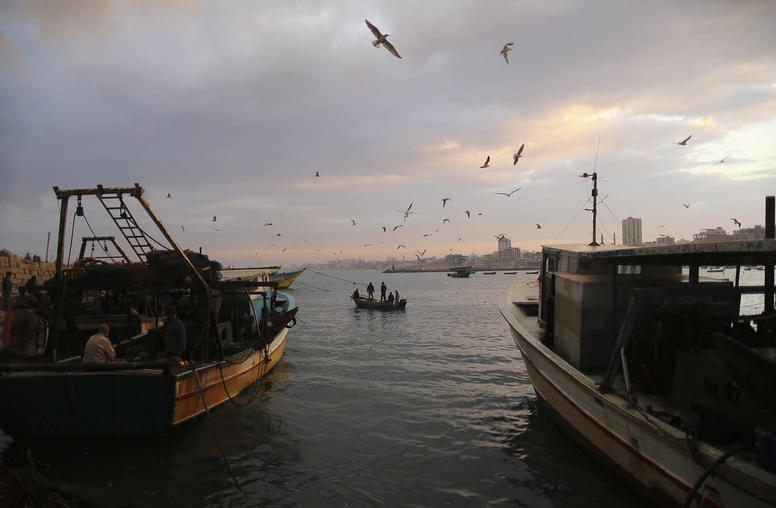
How a Gaza Marine Deal Could Benefit Palestinians, Israelis and the Region
Amid today’s dismal Israeli-Palestinian context, positive developments have been in short supply. However, Prime Minister Benjamin Netanyahu’s June announcement of preliminary approval for the development of the Gaza Marine gas fields provided a rare glimpse of a potential win-win opportunity. For the Palestinians, it could provide a much-needed boost to their lagging economy and the cash-strapped Palestinian Authority (PA). On the Israeli side, it allows the Netanyahu government to claim it is assisting in improving living conditions in Gaza and could lead to less U.S. pressure on issues like settlement expansion. In the big picture, this is another example of how energy is increasingly becoming a focus for potential win-win agreements in the East Mediterranean.
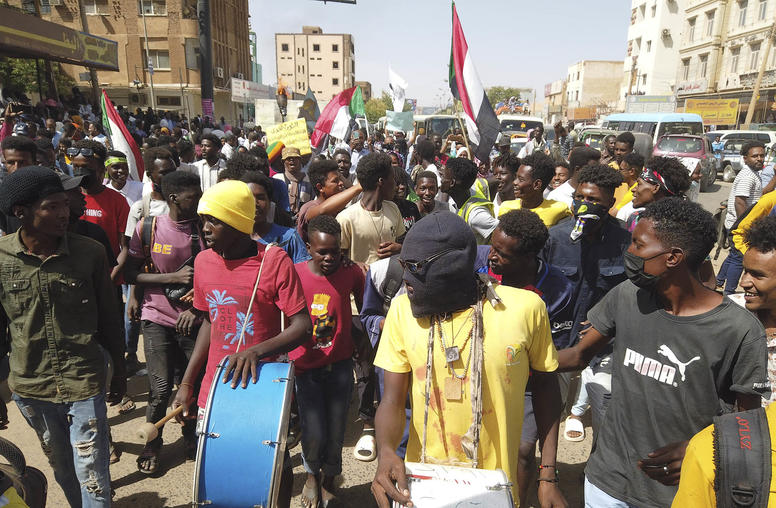
Countering Coups: How to Reverse Military Rule Across the Sahel
Three years of coups around Africa’s Sahel region — eight of them in six nations, from Guinea on the Atlantic to Sudan on the Red Sea — leave many African and other policymakers frustrated over how to respond. The Sahel’s crises have uprooted more than 4 million people and could add millions more to our record levels of global human migration as Africa’s population grows and its climate destabilizes. Yet the pattern of coups and other evidence — notably from USIP’s Sahel fieldwork, counter-coup research and bipartisan analysis teams — offer guidelines for effective responses by African, U.S. and international policymakers.
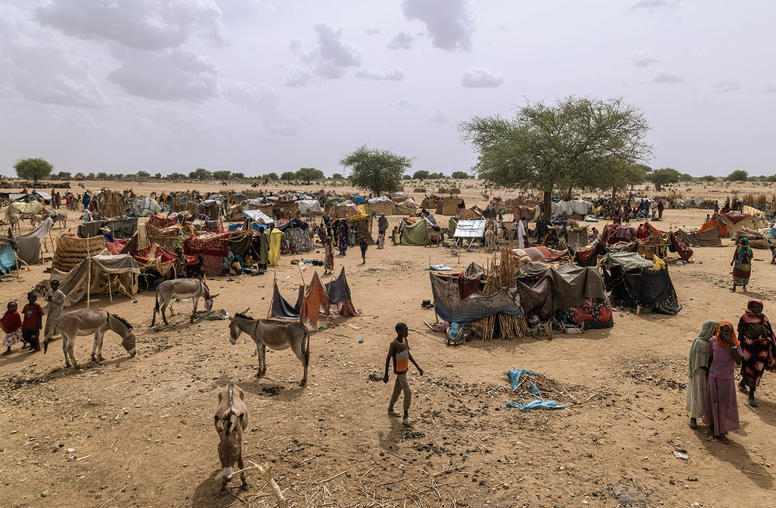
Sudan’s Crisis Offers New Lessons for Building Peace in the Sahel
Sudan’s five-week war has killed or wounded over 5,000 people, uprooted a million more — and reignited understandable frustrations over how U.S. and international policies can better prevent or respond to such upheavals. Amid heated policy debates, we should step back briefly to pinpoint lessons from this crisis that can improve our responses in Sudan and across the Sahel’s web of coups, insurgencies and extremism. Indeed, that task is urgent — both to address the complex evolutions in the region’s crises and to build support for smarter, steadier engagement, rather than a self-defeating retreat from the Sahel by global partners seeking democracy and stability.
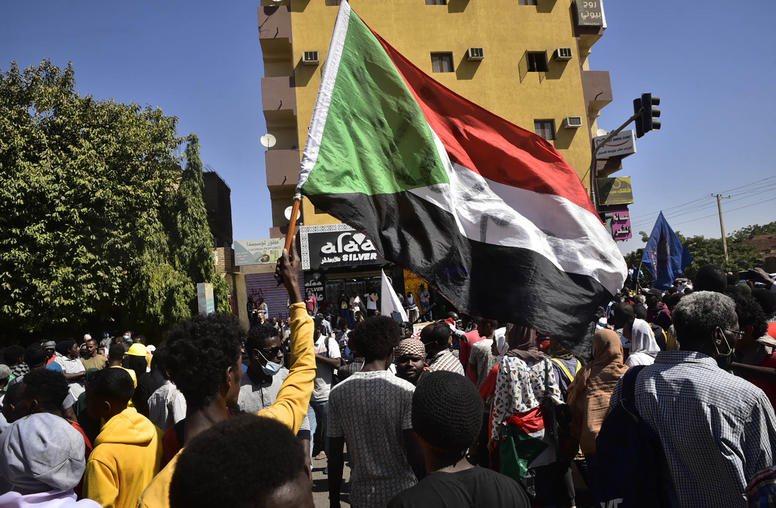
Sudan: Engage Civilians Now, Not Later
Over the last month, a series of cease-fires in Sudan have yielded minimal results. Fighting between the Sudan Armed Forces (SAF) and the Rapid Support Forces (RSF) has continued and even intensified in some places. While the capital Khartoum and areas surrounding key infrastructure remain the core battlegrounds, the clashes have spread into other parts of the country.
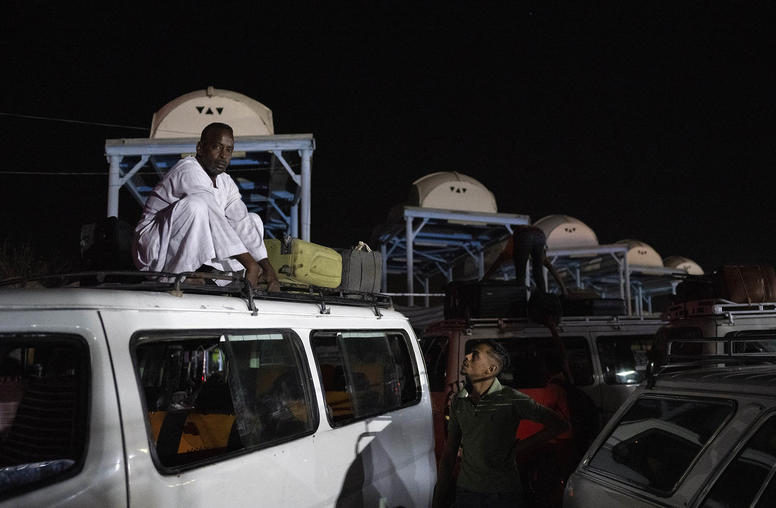
What Sudan Needs Right Now
The unthinkable is unfolding in Sudan. A humanitarian disaster is deepening, as the state is being torn apart. The spill over could impact East Africa and the broader region — already tens of thousands of Sudanese have fled. As we have seen with other conflicts in the region, it is likely that malign, foreign interests will seek to exploit the situation to advance their own interests. The risk of Somalia-like anarchy on the Red Sea is real if the current fighting continues and foreign support for the warring parties — the Sudanese Armed Forces (SAF) and the Rapid Support Forces (RSF) — continues to grow.
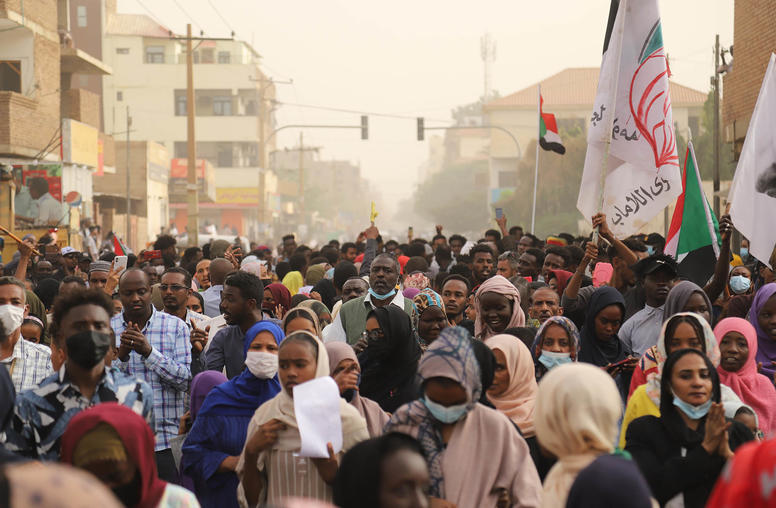
Amid Sudan’s Chaos, Youth Groups Work for Peace
Amid Sudan’s battle between security forces loyal to rival generals, young civil society leaders are working to stem the violence. These leaders are part of grassroots youth networks that have been central to Sudan’s five-year-old citizens’ movement for a transition from military rule to democratic civilian governance. Against the current violence, youth-led efforts are combating misinformation, providing humanitarian aid and organizing crowdfunding to secure food and medicine. As the international community presses combatants to end the conflict and safeguard civilians, it is crucial that they also support the youth-led civil society initiatives to stop the violence and address its causes.
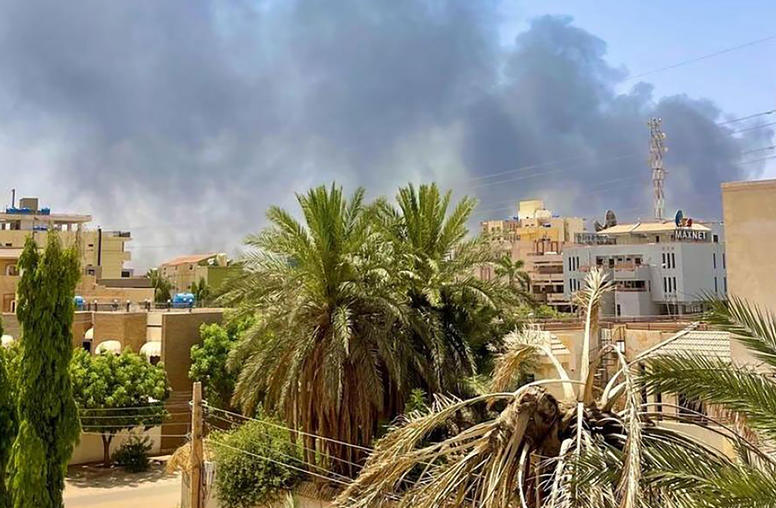
What’s Behind the Fighting in Sudan?
Since Saturday, violent clashes between the Sudan Armed Forces (SAF) and the paramilitary Rapid Support Forces (RSF) have been raging in the capital Khartoum and in other strategic areas throughout the country. While it’s unclear who initiated the fighting, the situation brings the de-facto leader of Sudan, the SAF’s General Abdel Fattah al-Burhan, into direct confrontation with his deputy, the RSF’s General Mohamed Hamdan Dagalo, who is also referred to as “Hemetti.”
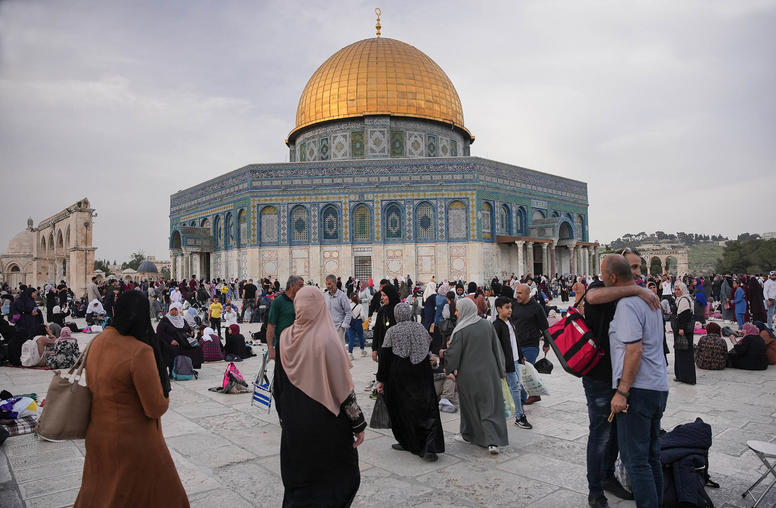
Regional Actors Seek to Douse Flames Fueled by Jerusalem Tensions
The saying that history doesn’t repeat, but rhymes is no truer than in Jerusalem. Two years have yet to pass since the large-scale escalation that took root in the city morphed into deadly violence between Arab and Jewish citizens of Israel and an Israel-Hamas military escalation that claimed the lives of over 200 Palestinians and 12 Israelis. Now, once again, events in and around Al-Aqsa Mosque during Ramadan have become proximate cause for a cascading series of violent events that have victimized Palestinians and Israelis, and opened another chapter of contested narratives and mutual recriminations.
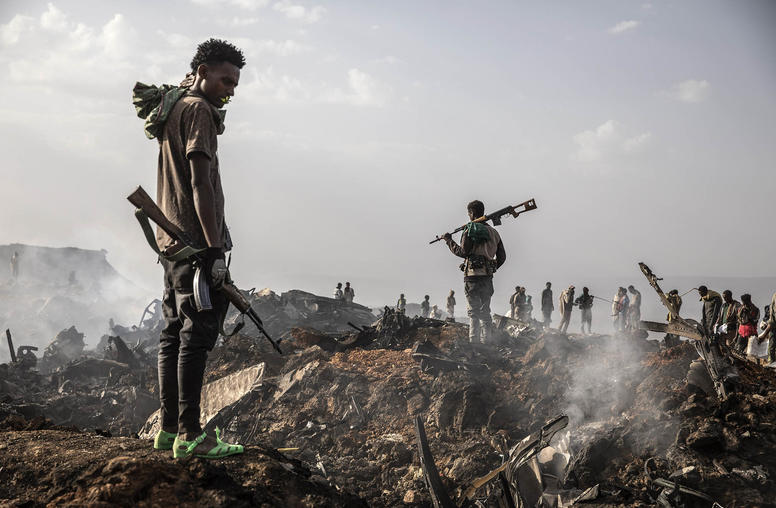
Ethiopia’s civil war is raging. How can it get on track toward peace?
In August, the devastating conflict in northern Ethiopia resumed, effectively ending the March 2022 humanitarian truce between the Ethiopian federal government and Tigrayan forces, which many hoped would pave the way for a negotiated cease-fire and peace talks. This week, the African Union’s chairperson called for an immediate cease-fire and U.S. Secretary of State Antony Blinken also called on the parties to cease hostilities and participate in talks organized by the African Union. What comes next in Ethiopia will have major implications for its people, the strategically vital Red Sea arena and for U.S. interests in the region. Stepped up, senior-level U.S. engagement is direly needed to get Ethiopia on a path toward peace.
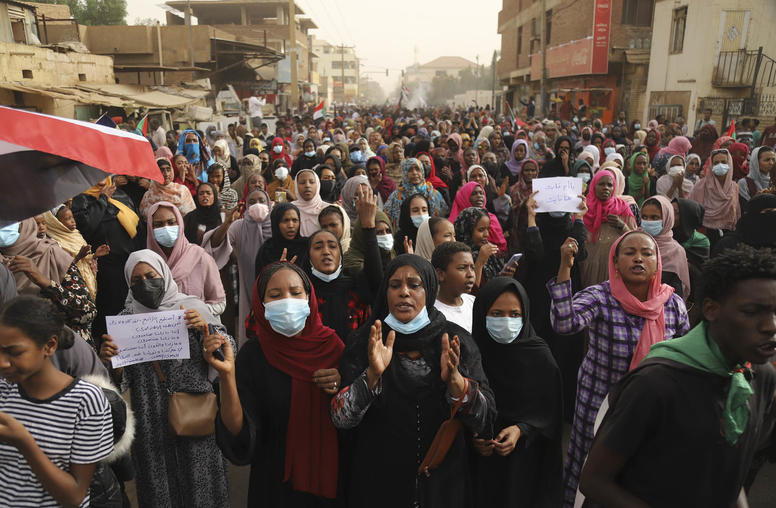
42 Months on, How Does Sudan’s Democracy Movement Endure?
Three and a half years after Sudan’s military deposed the authoritarian ruler, Omar Bashir, in response to massive protests, the current military leadership and divisions among political factions are stalling a return to elected civilian government. This year has brought a deepening economic crisis and violent communal clashes — but also a new wave of nonviolent, grassroots campaigns for a return to democracy. As Sudanese democracy advocates and their international allies seek ways to press the military for that transition, all sides should note, and work to sustain, Sudan’s nonviolent civic action.